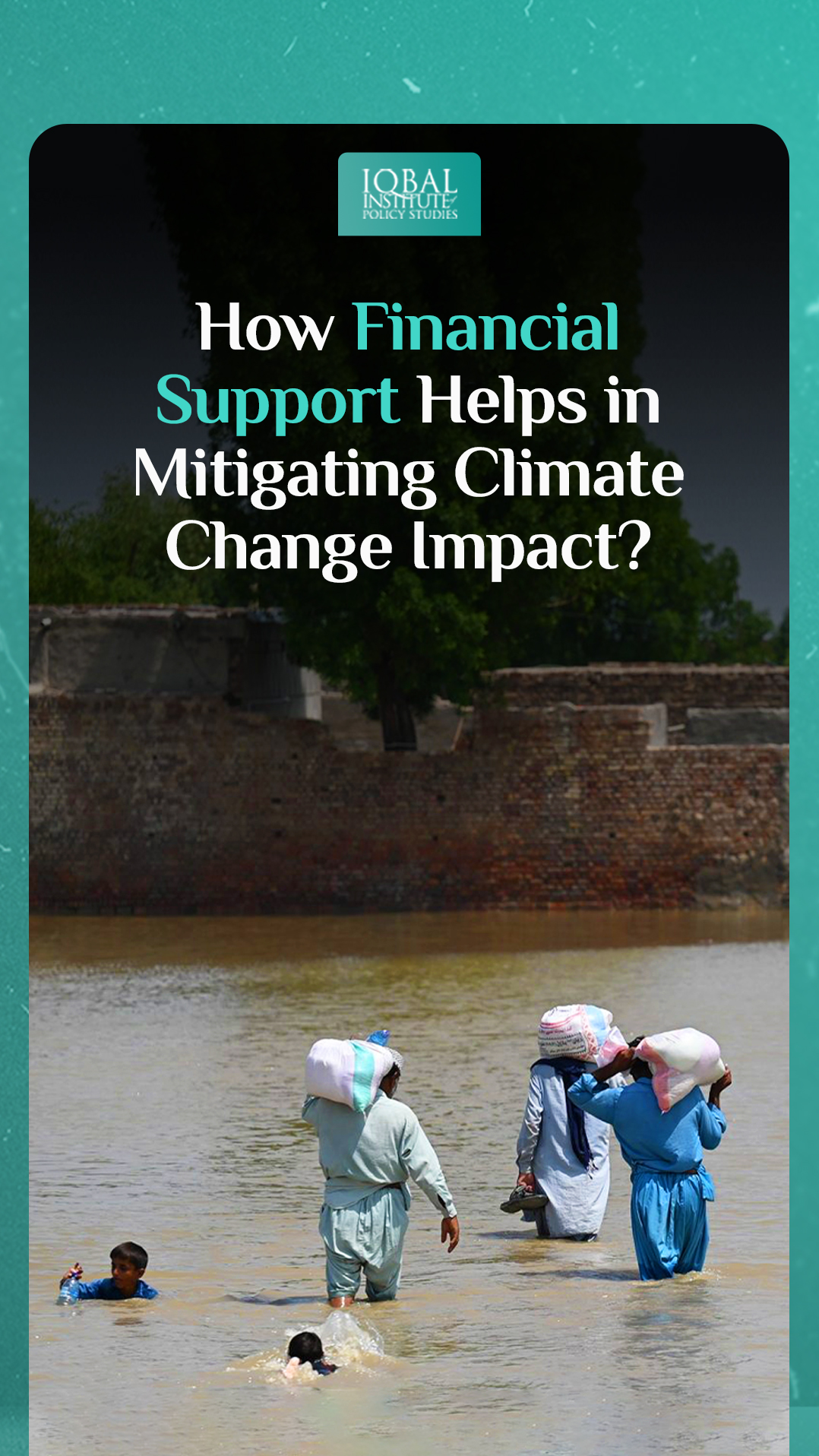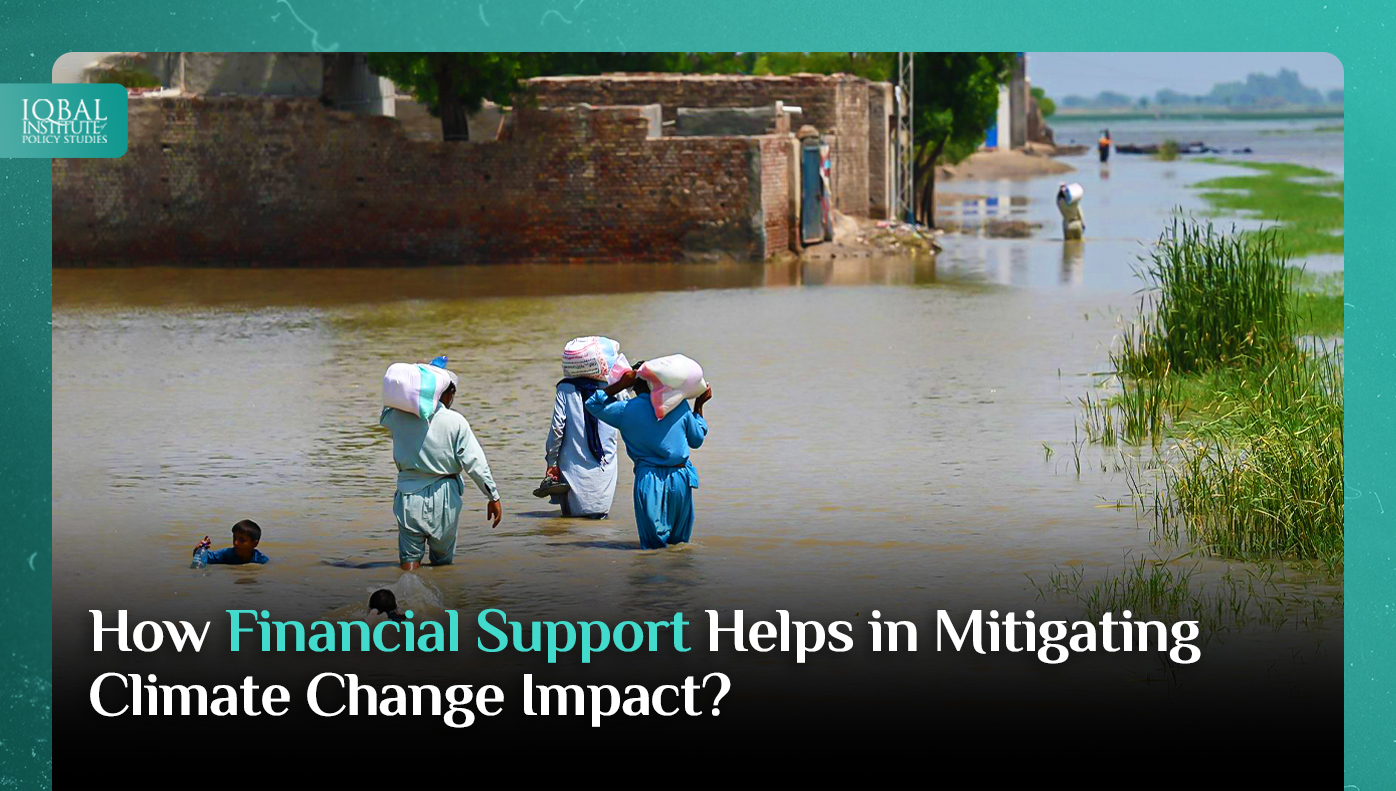For the past 2 decades, Pakistan has been consistently ranked among the top ten most vulnerable countries on the Climate Risk Index. According to estimates, the country witnessed around 10,000 fatalities due to climate-related disasters and financial losses amounting to about $4 billion from 173 extreme weather events (USIP, 2022).
Recently, the flood catastrophe has exacerbated the situation as around 33 million people have been affected within a few days. Furthermore, the flood waves have adversely affected buildings, roads, and bridges, and washed away crops and livestock. It has been estimated that this flood calamity has caused an economic loss of around $10-20 billion to the country (Express, 2022).
Pakistan has always been a victim of climate catastrophes, be it the 2010 floods, or the 2005 earthquake. However, the recent flood disaster has been considered a colossal calamity in the history of Pakistan. To reduce the risk of such calamities in future, the government must focus on developing climate change strategies to better cope with the impacts of these natural disasters in the long run.
To take immediate climate action, the government needs financial support to make an adaptation plan to address the impacts of climate change. In this regard, the national government has urged the international community to provide immediate and judicious financial support to help climate-vulnerable countries like Pakistan.
Recently, the United Nations (UN) has appealed to international lenders to provide humanitarian assistance to Pakistan to accelerate funding for the ongoing climate disaster. Pakistan needs financial resources and sound investment to address climate change, promote adaptation and build resilience to these disasters in the country. Increasing financial investment in climate action can help countries to build a sustainable economy.
Building resilience against climate change can help unlock new economic opportunities and jobs in the country. In addition, developing a climate action plan, and making infrastructure more resilient can help avoid costly repairs and minimises the wide-ranging consequences of natural disasters on the livelihoods and well-being of people, particularly the most vulnerable, as well as on businesses and economies.



Leave a Reply